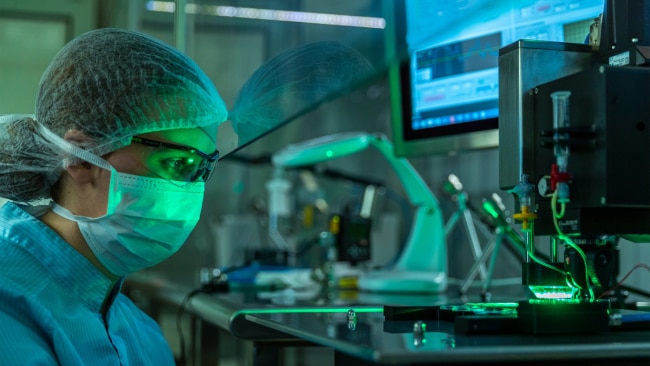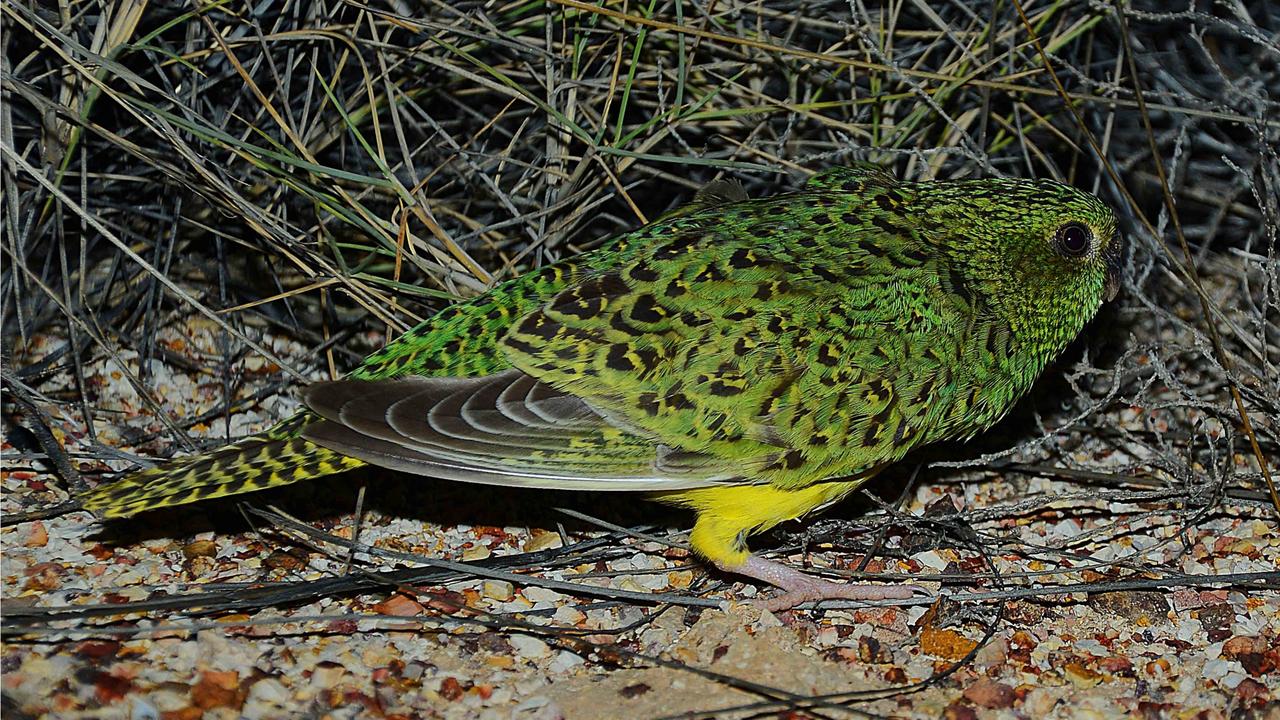Breakthrough biologists turn to other rare ills
Two molecular biologists who discovered a treatment for a childhood disorder have started work on other rare diseases.

Two researchers who developed a breakthrough treatment for the debilitating childhood disorder Duchenne’s Muscular Dystrophy have turned their attention to possible molecular therapies for another 46 rare diseases.
Molecular biologists Sue Fletcher and Steve Wilton from Murdoch University in Perth earned accolades worldwide last year when the drug they developed from their research — Exondys-51 — was granted accelerated approval by the USA Food and Drug Administration. The first dystrophin-restoring drug of its type approved by the FDA is credited with keeping American boys with Duchenne’s Muscular Dystrophy out of wheelchairs.
Professor Fletcher said she and Professor Wilton, her research partner for two decades, share the frustration of Australian supporters who desperately want the drug made available outside the US.
As the fight to broaden its availability continues, the pair are driven to find treatments for other life-shortening diseases using what they learned when they did their groundbreaking work on Duchenne’s, which affects about one in every 5000 newborn males.
They are working on potential therapies for diseases; some are so rare that any treatments have limited commercial potential. The diseases in their sights are linked to between eight and 10 genes.
“Individually these diseases are rare but collectively they are a huge health problem,” Professor Fletcher said.
A disease is considered rare in Australia if it affects fewer than 1 in 2500 people. By that yardstick, Professor Wilton says, up to eight per cent of the population has a rare disease.
While it is true there is no mass market and no “mass benefit” for therapies for the genetic disorders that the pair are focused on, they both know well how devastating a rare disease is for the person suffering it and their family. Parents of boys with Duchenne’s have been an enormous support to them and their work.
“These are parents who have been told essentially: ‘your son has a disease that will destroy his muscles, he is going to lose the ability to walk and he will die young, there is no effective treatment’,” Professor Fletcher said. For these families, the excellent clinical care their boys receive, and the unwavering support from Muscular Dystrophy WA have been important.
They each say their latest work is at an early stage.
They recently lodged grant applications to expand their research and are excited about the opportunities.



